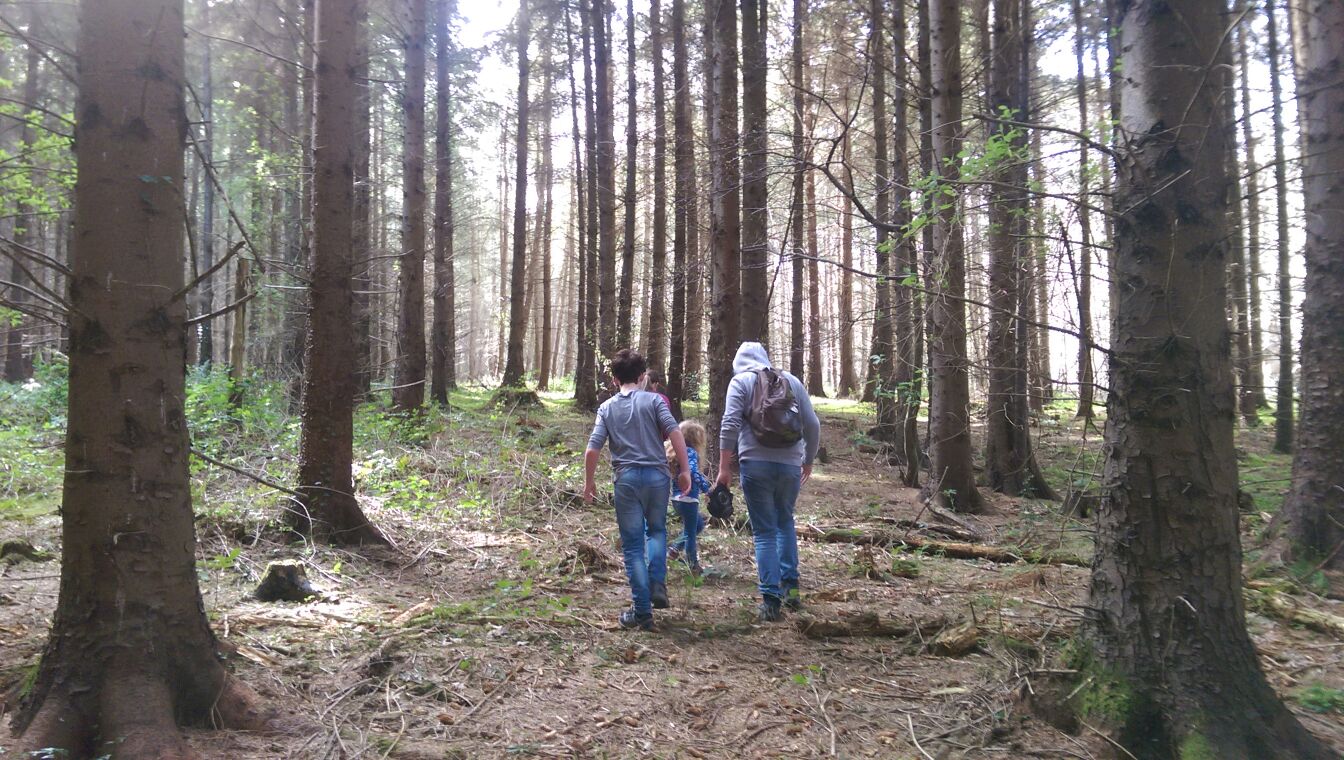Few would disagree with the idea that the 'Old Authority' in Ireland has mostly disappeared. Significant social changes have taken place in recent decades - the weakening of the Church, changes in modern family life and the increase in children's rights - have fundamentally changed how authority is viewed and experienced. The parents we work with often express shock at how it is that some children are becoming increasingly aggressive and tell us how it was unheard of when they were young for children to turn on parents. Until recently, it was simply understood that children do not threaten, abuse or injure figures of authority - parents, teachers and others in traditional roles of authority. Slapping children is now unacceptable and punitive approaches to child management are generally not supported.
So, what has replaced this authority? How can parents apply limits, boundaries and a sense of stability and security when traditional methods have changed so fundamentally and when regard for those in authority is no longer automatic. The term 'authority' is often viewed negatively and yet, children need their parents to be in charge if the world is to feel safe. Parents often become trapped and feel powerless - resorting more and more to the use of consequences and punishments - while the child becomes more resentful and oppositional.
Our work is based on the idea that a 'New Authority' is required. This concept - first presented by Haim Omer - supports the empowerment of parents and restores their authority in a way that is supportive and respectful of the child. Challenging behaviour is not dealt with punitively, but through building skills in de-escalating cycles of aggression and increasing the parents' presence in the child's life, authority is restored.
"In our day, we would never dream of talking back to our parents. We knew what would happen if we did."
"How did it get to this - when children can raise their hands to their parents?
"We never questioned our parents or teachers - they were in charge and that was that."
